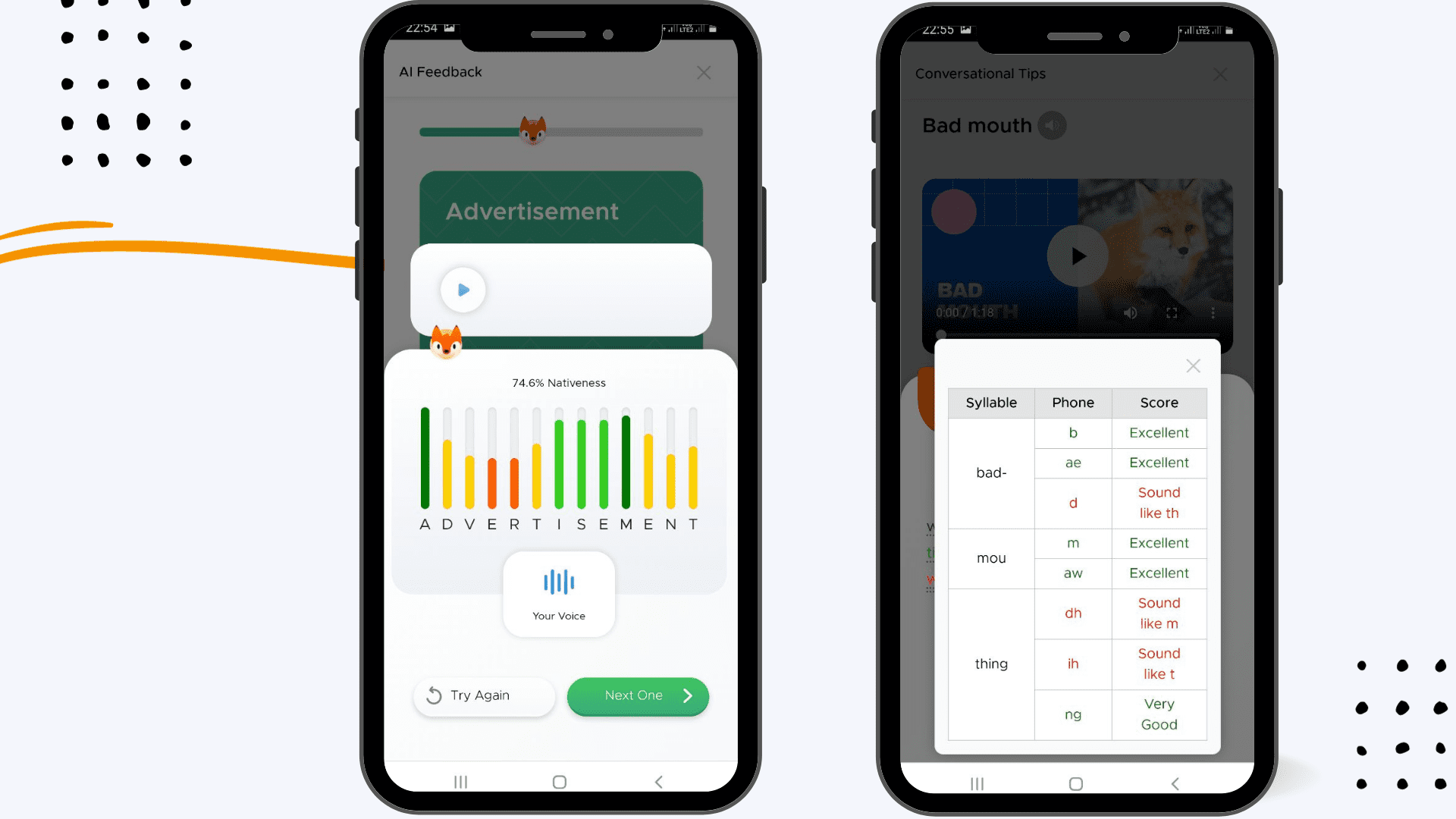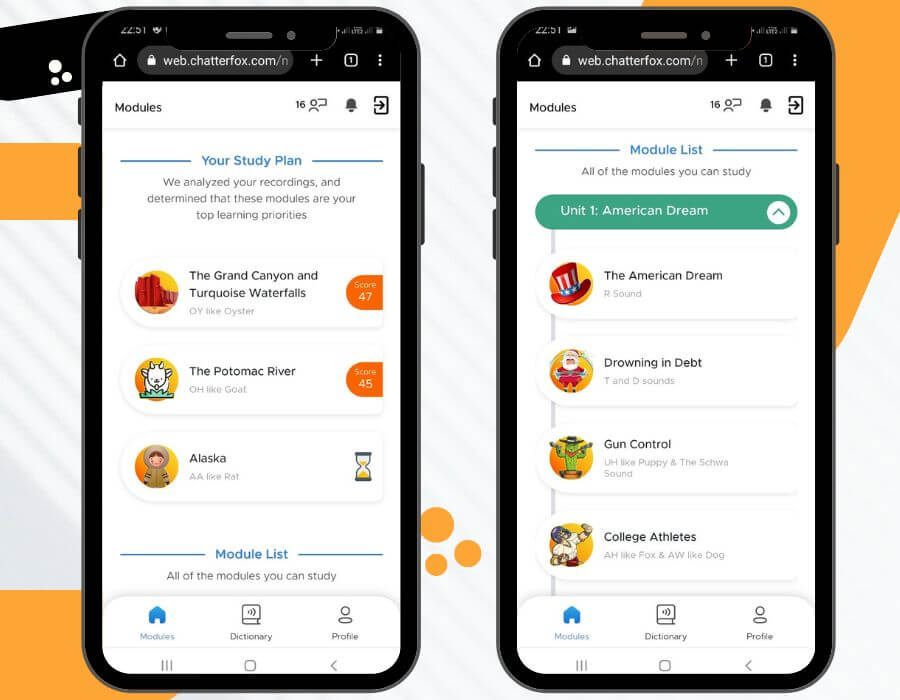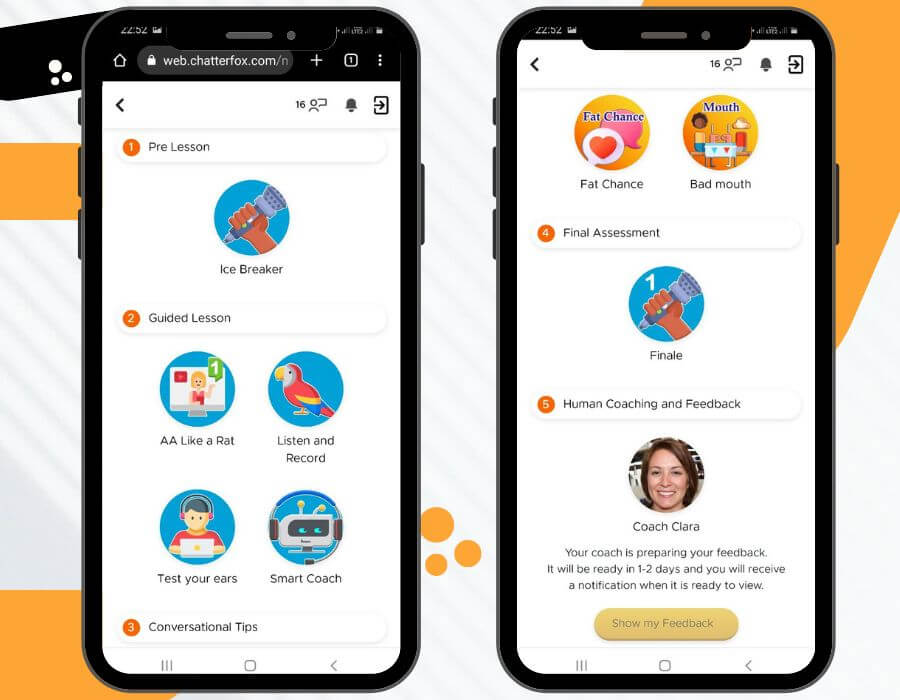
In the early days of digital learning, pronunciation apps were basic tools, often with simplistic interfaces and limited functionalities. Users could interact with basic modules for phonetic learning and pronunciation guides. As technology has evolved, so have these applications. Artificial Intelligence (AI) has particularly played a pivotal role, transforming these platforms from basic tools to advanced, customized, and highly interactive learning environments.
The inception phase of pronunciation apps was characterized by fundamental features like audio clips, textual guides, and repetitive exercises. Users were essentially exposed to a one-size-fits-all learning methodology. The feedback from the initial user base highlighted significant gaps, particularly in personalized learning experiences and interactive engagement.
With the integration of advanced software technologies, pronunciation apps began offering interactive learning modules, featuring real-time interactions, gamified experiences, and diverse content. The transformation was marked by an enhanced user engagement and an improved learning curve, catering to a wider audience with varied learning needs.
The incorporation of Artificial Intelligence (AI) into pronunciation apps heralded a new era, completely transforming the landscape of language learning. This technological advancement meant that apps could now offer more than just standard practices and exercises; they could provide data-driven customizations tailored to individual learners. Users were no longer confined to a one-size-fits-all approach. Instead, they were introduced to a personalized learning experience where content and exercises were customized to their unique needs and levels of understanding.
As AI’s role in pronunciation apps continued to expand, it brought an unprecedented level of adaptability. Every learner’s experience was tailored to address specific pronunciation challenges, taking into account their distinct learning paces and styles. The technology was not just a tool but became akin to a personal tutor, equipped with intuitive insights and the ability to adapt to each learner’s progress. The focus shifted to addressing the unique needs and challenges faced by individual learners, enhancing the effectiveness and efficiency of their learning journey.

Modern pronunciation apps, powered by AI, now offer real-time feedback, instantly correcting users and providing adaptive learning pathways. AI algorithms analyze each learner’s progress, adapt content, and offer customized exercises, ensuring that learning is not just interactive but also personalized to individual needs and challenges.
While Babbel and Rosetta Stone are notable examples of AI integration in language learning, focusing on ChatterFox unveils another layer of innovation and effectiveness. ChatterFox, a specialized app, has distinguished itself in the crowded landscape of language learning platforms. It has intricately woven AI into its framework to provide an enriched and highly personalized learning experience tailored specifically for those looking to conquer the complexities of English pronunciation, including the nuances of the American accent.
ChatterFox stands out for its real-time feedback mechanism powered by AI. Learners are not just practicing; they are instantly corrected and guided, turning each practice session into a dynamic learning experience. This immediacy ensures that learners do not internalize incorrect pronunciations, fostering faster and more effective learning. The app’s AI capabilities diagnose specific challenges faced by each user, offering targeted exercises and practices to address these individual issues.
The inclusion of real-life scenarios and practical dialogues in the app ensures that learners are not just theoretically sound but are also equipped to handle everyday conversations confidently. ChatterFox’s integration of AI elevates it from being a mere tool for practice to a comprehensive learning companion, attuned to the learner’s progress, and adaptive to their evolving needs. In the realm of mastering the intricacies of the American accent, ChatterFox exemplifies the confluence of technology and pedagogy, setting a benchmark in personalized, effective, and engaging learning.

However, the integration of AI isn’t without challenges. Concerns about data privacy and ethical considerations have emerged. Users are increasingly aware of data handling, prompting developers to prioritize transparency and ethical AI practices to ensure user information is protected and ethically used.
AI’s role is expected to evolve, with future trends pointing towards more sophisticated, intuitive, and responsive learning environments. The incorporation of Virtual Reality (VR) and Augmented Reality (AR) is anticipated to offer immersive and interactive learning experiences, taking pronunciation learning to new dimensions.
Despite the advancements, technical challenges, including AI interpretability and data privacy, persist. However, these challenges are juxtaposed with immense opportunities. The continuous evolution of AI promises future enhancements, improved personalization, and more effective learning methodologies.
Language educators acknowledge the transformative role of AI, citing improved engagement and learning outcomes. Technologists, on the other hand, are focused on overcoming existing challenges and optimizing AI’s potential to enhance pronunciation learning further.
Reflecting on this evolutionary journey, it is evident that pronunciation apps, including those focusing on mastering the American Accent, have transcended from their nascent stage of basic tools to sophisticated AI-driven platforms. As we project into the future, the anticipation is of a landscape where AI not only personalizes learning but also addresses ethical and privacy concerns, creating a balanced, effective, and safe learning environment.
For readers interested in delving deeper, resources exploring AI’s broader role in education and a curated list of highly recommended AI-driven pronunciation apps are available. These resources offer insights, practical tools, and guides for various learning levels, marking the continuous journey of learning and evolution in the dynamic landscape of pronunciation apps.